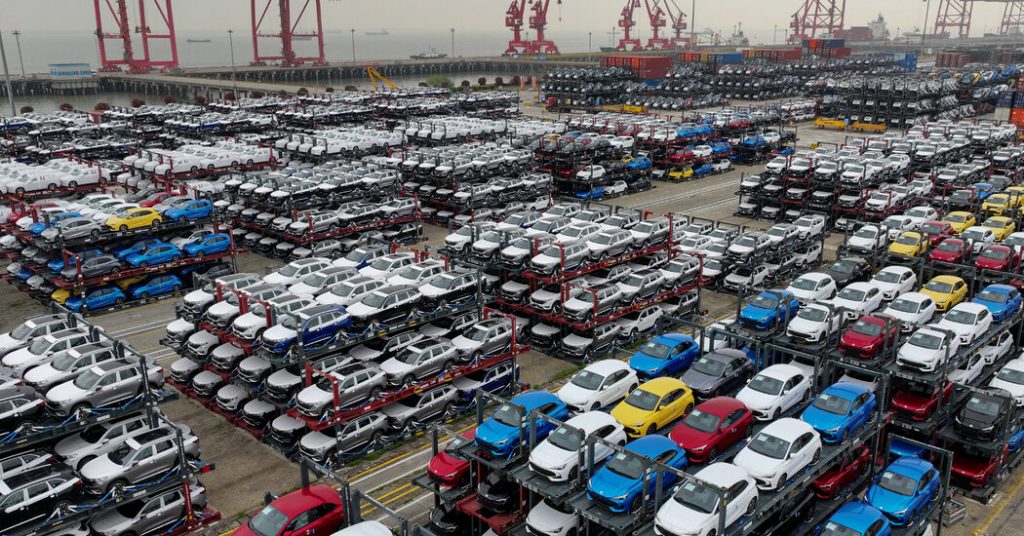The president’s proposal includes new barriers to electric vehicles, steel, and other goods. This move is likely to have widespread implications for both domestic and international trade. The barriers are aimed at protecting American industries and workers, but they could also lead to increased prices for consumers and potential trade retaliation from other countries. The proposal has sparked debate among lawmakers, industry leaders, and economists about the potential impact on the economy and whether the benefits of these barriers outweigh the costs.
The barriers to electric vehicles are particularly significant, as the government has been pushing for increased adoption of electric vehicles to reduce carbon emissions and combat climate change. By imposing barriers on electric vehicles, the government could slow down the transition to cleaner transportation options and hinder progress towards environmental goals. This has raised concerns among environmental advocates and policymakers who see electric vehicles as a key part of reducing reliance on fossil fuels and transitioning to a more sustainable future.
The barriers to steel and other goods are also likely to have far-reaching consequences. Steel is a critical input for many industries, including construction, automotive, and manufacturing. By imposing barriers on steel imports, the government could drive up costs for domestic businesses and consumers, potentially leading to job losses and economic hardship. This could also impact relationships with key trading partners, as other countries may retaliate with their own barriers on American goods, leading to a tit-for-tat trade war that could harm the global economy.
In addition to the economic impacts, the proposal has also sparked concerns about the potential for increased protectionism and isolationism. By imposing barriers on electric vehicles, steel, and other goods, the government is sending a signal that it prioritizes domestic industries over international trade relationships. This could strain relationships with key trading partners and erode trust in the United States as a reliable trading partner. It could also lead to increased political tensions and conflicts as other countries seek to protect their own industries and retaliate against the United States.
Overall, the president’s proposal for new barriers to electric vehicles, steel, and other goods has significant implications for the economy, the environment, and international trade. While the barriers are intended to protect American industries and workers, they could also lead to increased prices for consumers, job losses, and potential trade retaliation. The proposal has sparked debate and concern among lawmakers, industry leaders, and economists about the potential impact on the economy and whether the benefits of these barriers outweigh the costs. Moving forward, it will be important for policymakers to carefully consider the long-term consequences of these barriers and work towards solutions that balance protectionism with the benefits of free trade and international cooperation.







